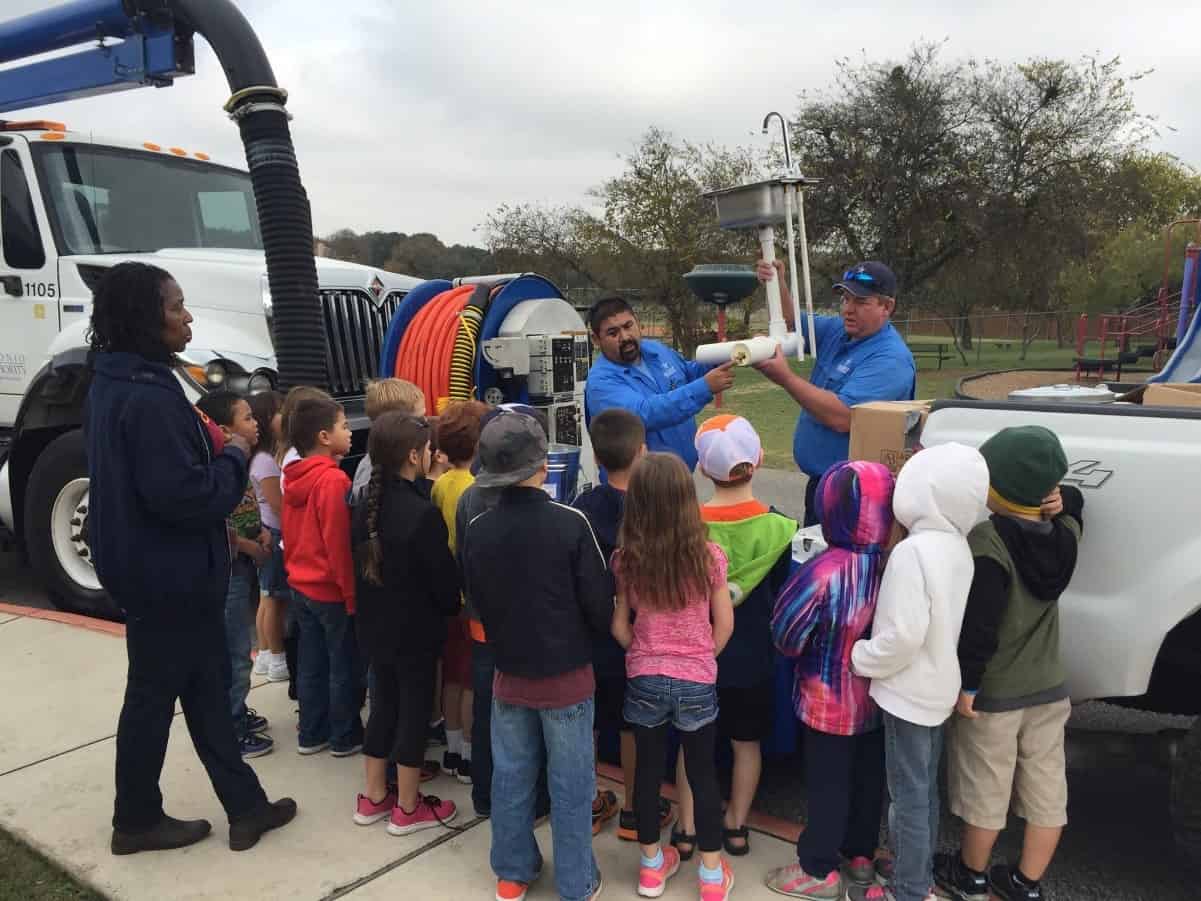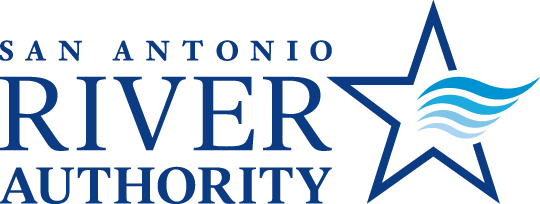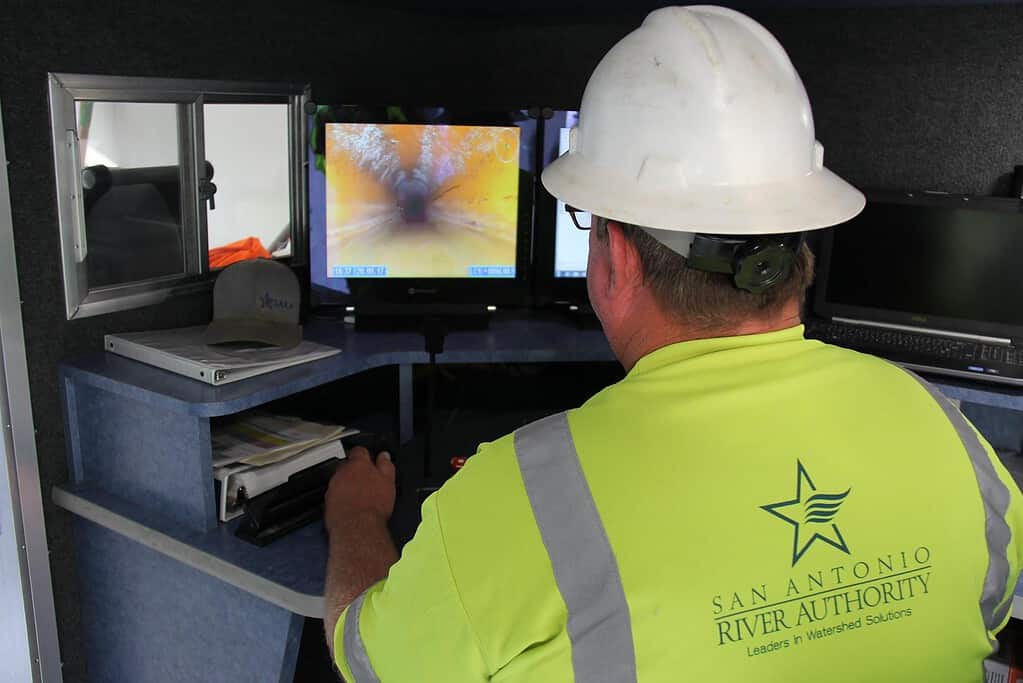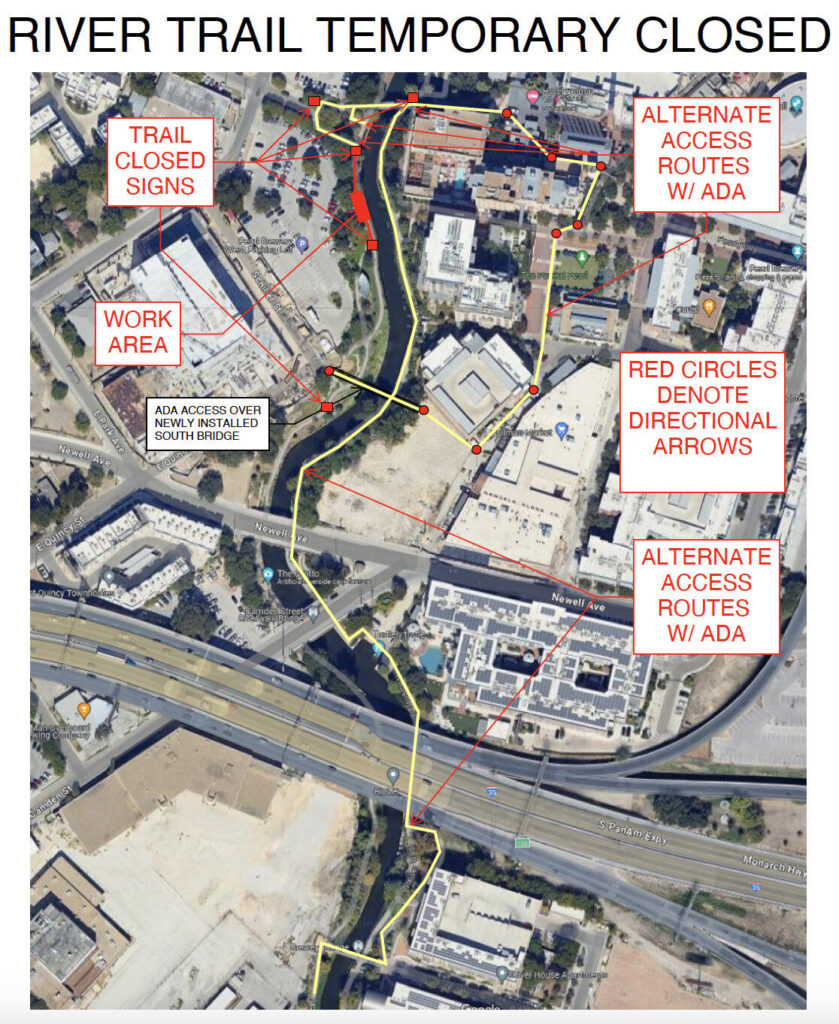Did you know the San Antonio River Authority (River Authority) is a full-service wastewater utility provider within a portion of northeast and southeast Bexar County? It’s true. We’ve been in the wastewater treatment business in Bexar County since 1966, and over the years, we have grown to help provide utilities assistance to communities throughout Wilson, Karnes, and Goliad counties as well. As part of our commitment to safe, clean, enjoyable creeks and rivers, our Utilities staff also takes part in education outreach to better inform our constituents of the services we provide and the challenges of operating and maintaining wastewater collection systems and wastewater treatment plants.
One of the challenges our team faces are clogged pipes due to the improper disposal of fats, oils, and greases (FOG). Learn more about the damage FOG can cause and what steps you can take to help prevent future clogs.
What’s the damage that FOG can cause on pipes?
FOG can accumulate in pipes just as cholesterol accumulates in human arteries. Overtime, this accumulation decreases the flow capacity in these areas, just like a clogged artery, which can lead to a clogged pipe and a backup in the wastewater collection system. These backups can cause a sanitary sewer overflow (SSO) when the wastewater flows out of the system via manholes, cleanouts, and sometimes even into residences and businesses. Water quality in area creeks and rivers can be negatively impacted by SSOs. FOG that doesn’t accumulate in the wastewater collection system can travel all the way to the wastewater treatment plant. When this happens, FOG impacts the ability of the microorganisms in the treatment process to properly treat the wastewater.
How does the River Authority address this issue?
River Authority Utilities staff regularly performs preventative maintenance by cleaning the lines.
The River Authority utilizes the latest technology to produce a high-quality effluent and to preserve the ecosystems into which the treated effluent is returned. Our operations and maintenance procedures include preventative maintenance on the wasterwater collection system to minimize the impacts of FOG. The best prevention, however, starts with individuals not putting fats, oils, and grease down the drain.
Examples of FOG include:
- Animal Fats
- Butter
- Dairy Products
- Desserts
- Dressings
- Food Scraps
- Lard
- Margarine
- Oils
- Sauces
- Shortening
- Soups
What can I do to prevent clogs?

Staff from the River Authority Utilities Department demonstrate to students from Watts Elementary how pouring and washing fats, oils, and grease down the drain can cause grease build-up in pipes leading to major damage.
Properly dispose of fats, oils, and grease to protect your pipes, the wastewater infrastructure, and keep area creeks and rivers free of contaminants. Be River Proud and help keep sewers FOG free by following these easy steps:
- Pour oil and grease into a container, freeze it, then trash it.
- Before washing dishes, scrape food particles and batters into the trash.
- Help spread the word! Share this info with your friends and family so they too can take proper action.






